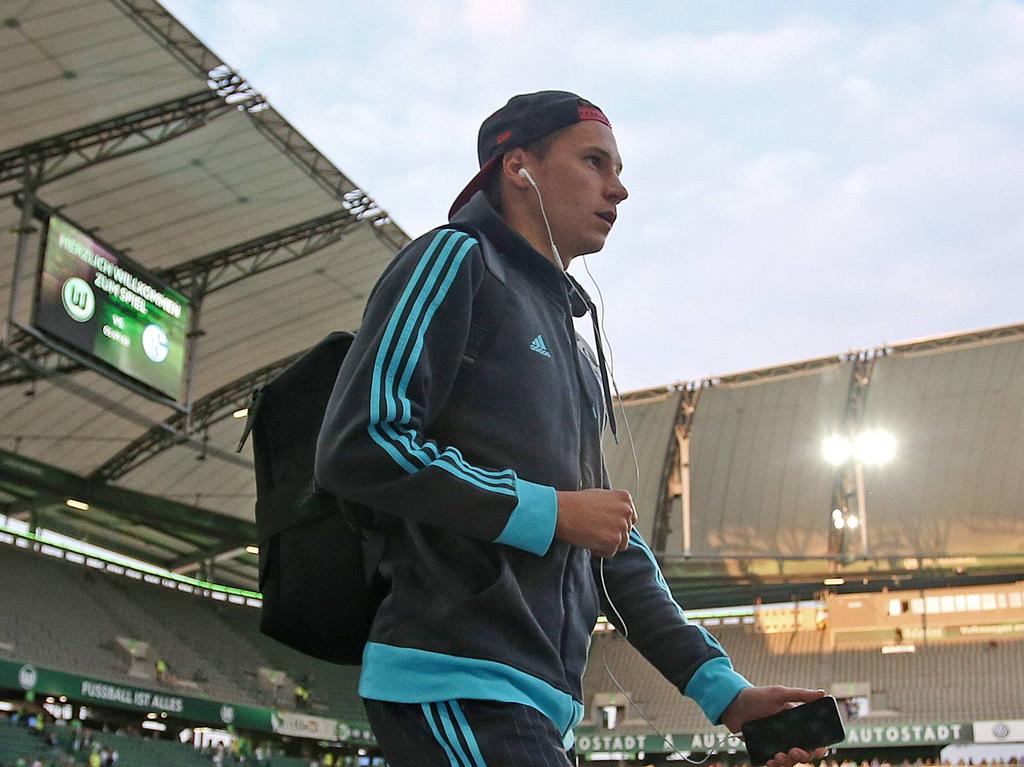Schalke bosses lament, defend Draxler's sale

Schalke coach Andre Breitenreiter has bitterly lamented the sale of Germany international Julian Draxler to rivals Wolfsburg, while sports director Horst Heldt has defended the club's record transfer.
The Royal Blues sold their star midfielder to Wolfsburg on Monday for a reported 35 million euros ($39.3m), plus five million in bonuses, as the 21-year-old left the club he joined in 2001 as a child.
He played 170 matches for Schalke and scored 30 goals.
"Jule arrived with us for nothing, we educated him and now we've sold him for 40 million," Heldt told SID, an AFP subsidiary.
"We have secured the most expensive transfer in the club's history."
But Heldt admits that while Schalke are now flushed with cash, they will be poorer on the pitch.
"There is a loss of quality, as we know," Heldt added.
The Draxler transfer will help reduce Schalke's debt of 163.9 million euros up until the end of 2014.
Wolfsburg bought Draxler to replace Belgian attacking midfielder Kevin de Bruyne, who left for Manchester City, but Breitenreiter regrets selling their best player -- who played against Wolfsburg in Schalke's 3-0 away defeat last Friday.
"In Julian, we have lost our best player, the quality in the squad has dropped," fumed Breitenreiter.
"Until last weekend, I thought he was staying.
"If I had known on Thursday that he's going, he wouldn't have played against Wolfsburg on Friday.
"The club and the fans need to ask themselves why Julian left.
"We still have a number of talented players, but we have to be careful."
Breitenreiter, who took charge at the start of the season, also rued the club's decision to drive advertising lorries through Gelsenkirchen and neighbouring Dortmund when Draxler signed a five-year extension in 2013.
Alongside the caption "Julian Draxler: With pride and passion until 2018" was a giant image of the player in a Schalke strip.
"The club itself raised the hype around him and built him up," added Breitenreiter.
"I wouldn't have allowed the lorries to drive around back then."








